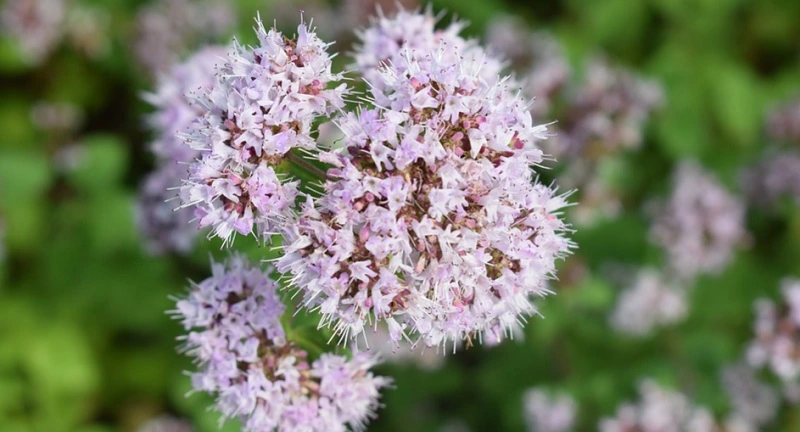Motherwort herb: benefits, properties, effect on the body, use of motherwort in traditional medicine and treatment of various diseases.
Common motherwort (oregano) is a perennial herbaceous plant of the Lamiaceae family, genus Motherwort. Latin name: Origanum vulgare L. Other popular names: St. John’s wort, spiritual color, motherwort, forest mint, pine bone-breaking herb, oregano, pizza spice.
Common motherwort is a perennial plant with inflorescences of purple, pink shades, sometimes white. Height – up to 90 cm. The rhizome is branchy, creeping. The stems of the plant are straight four-sided, covered with soft hairs, branched in the upper part. The leaves are ovoid, oblong, 1-4 cm long and pointed at the end.
They are in pairs opposite each other. The flowers are small, collected in shields. The fruit of the common motherwort consists of four nuts. The plant blooms in July-August, the fruits ripen in August-September. Motherwort is propagated by ordinary seeds and vegetatively.
Common motherwort: composition
Motherwort is rich in vitamin C, especially its leaves (565 mg), as well as a whole set of micro- and macroelements, the first place among which is occupied by potassium and calcium.
In addition, the plant owes its aroma to essential oil, which is up to 1.2% in its composition.
Essential oil of motherwort also has medicinal properties and is sold under the name “hops”. The plant also contains flavonoids and tannins.

Medicinal properties of motherwort
Motherwort has a calming effect on the central nervous system, which is why it is actively used in folk and official medicine. In addition to actual neuroses, it is used in the treatment of convulsions, epilepsy, paralysis, and insomnia.
With stomach and duodenal ulcers, gastritis (with reduced acidity), preparations of motherwort relieve inflammation, they are used for intestinal colic, flatulence, diarrhea, vomiting. In addition, they strengthen intestinal peristalsis, improve appetite.
Motherwort is also recommended for the treatment of cholecystitis, biliary tract dyskinesia, enterocolitis, hepatitis and other medical indications.
Motherwort has proven itself well for the treatment of acute respiratory diseases, as well as other chronic diseases of the bronchopulmonary system, such as: pulmonary tuberculosis, chronic bronchitis, acute and chronic pharyngitis, whooping cough, bronchial asthma, etc.
Internal reception of the plant promotes the discharge of sputum, relieves inflammation and suffocation. External use consists in rinsing, as well as healing inhalations.
Folk medicine recommends motherwort in the form of baths, lotions, compresses for various skin diseases, such as: abscesses, rashes, diathesis, neurodermatitis, eczema, vitiligo, etc., as well as wounds, boils, boils.
In addition, common motherwort is used for stroke, radiculitis, rheumatism, neuralgia, headache, as well as in complex therapy for the treatment of oncological diseases.
Folk recipes with motherwort
The infusion is prepared from 2 tablespoons of grass per 2 cups of boiling water (in a thermos). Take in 3 doses 20-40 minutes before meals. for baths use 100-200 g of dry grass per 2-3 liters of water (pour boiling water, infuse for 1-2 hours, strain and add the entire portion to a bath of water).

